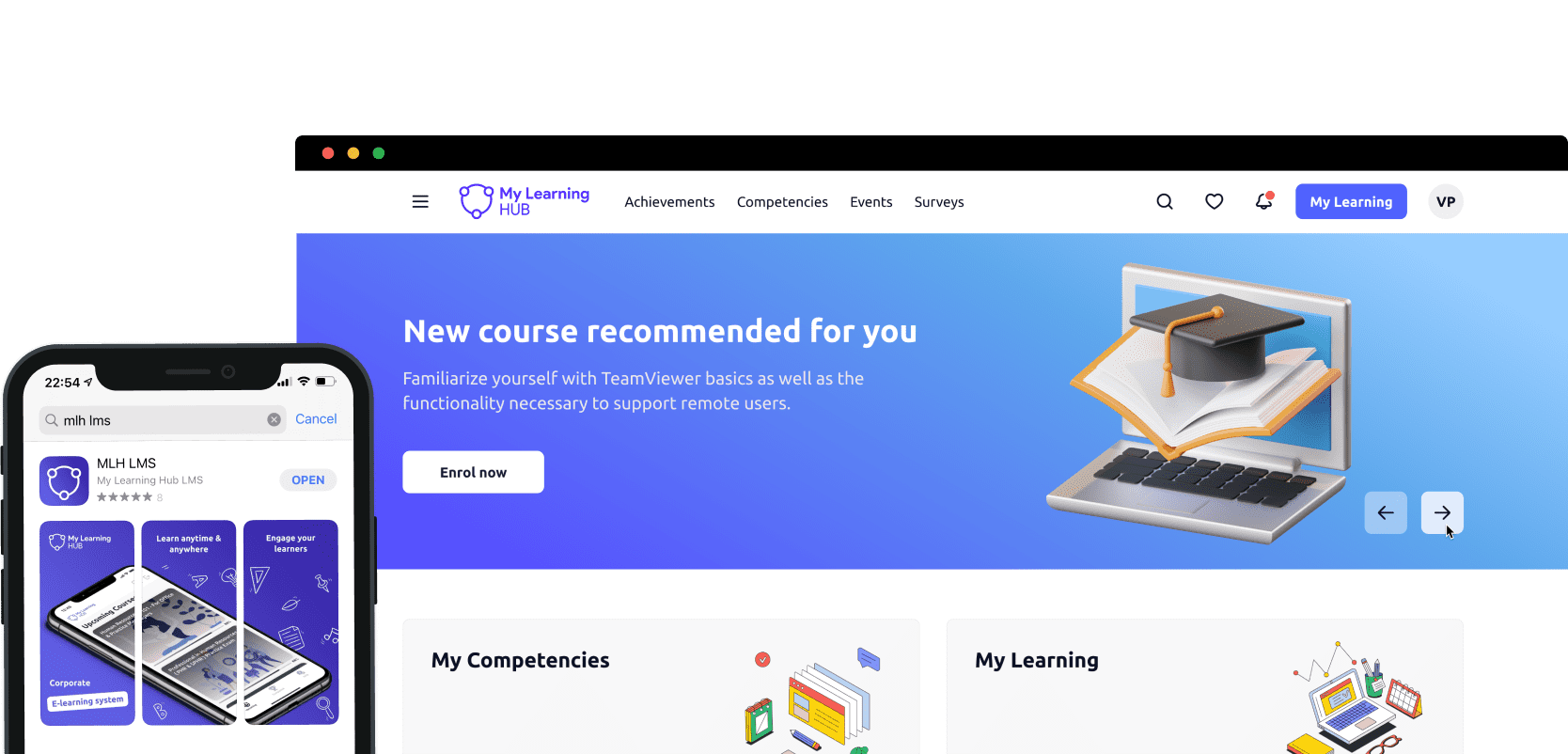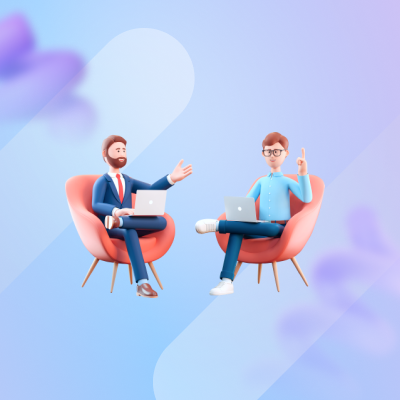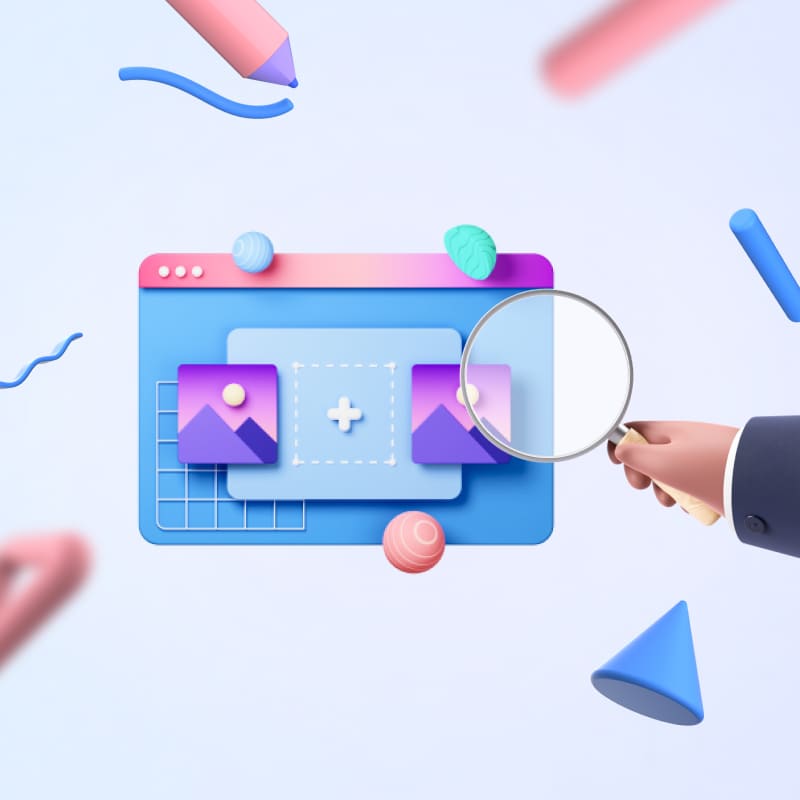
Does your LMS have social learning?
Learning has gone social, and I’m not just talking about being holed up in a room full of other learners staring into space and tuning out the words of the instructor talking animatedly, some metres away. My fondest memories of learning involved engaging with my peers, discovering things and working on projects together – group work is an absolute fave about learning, even as an adult.
Since an increasing number of learners are turning online for the acquisition of skills and knowledge, so have lots of organisations too. And just the same way getting social has now become all about using social media platforms, e-learning has turned social too – social learning. If you are behind the curve, you need to catch on fast and make learning less of a chore for your employees and colleagues. So what does that really mean?
How does social learning work?
By capitalising on existing knowledge and experience within your workforce, you facilitate knowledge sharing, identify expertise and overall drive the development of your workforce. With social learning, observation, modelling and imitation are used to absorb, adapt and adopt learners’ behaviours, attitudes and abilities. Social learning influences learning abilities and behaviour by initiating and integrating interaction between cognitive and environmental factors. Fused with an LMS, social learning complements formal training as it invigorates the learning environment, making participants enthused about learning and accommodating their learning curve. In an LMS system, it includes question and answer tools, knowledgebase wikis and online forums that facilitate discussions between learners. On such forums, participants rub minds, unconsciously picking up useful information on the job by sharing and reading posts and threads.
Why is social learning important?
To go further than just buttering up the concept, here are several reasons why social learning is one of the best things to happen in learning environments and should be a crucial feature in your learning management system.
- Communication
- Group assignments
- Content sharing
- Training feedback
- User profiles
- Friending and following
- RSS/ Newsfeeds
- Notifications
- Live chats
- User-generated content
- Polling
Communication
Learning groups formed via social learning give room for online communication on topics, themes, and tasks and for collaboration on projects. It also supports remote or flexible interactions amongst teams. This way, employees across geographical locations or departments studying the same course can keep discussions going outside the classroom or online training sessions, supporting and reinforcing their understanding. This enriches the learning experience.
Group assignments
Practice reinforces learning the same way as group tasks help build insight and enhance skillsets. Social learning facilitates this by providing tools to smoothen the group’s operation. Learners can even keep track of missed conversations because the chats and other tools may provide facilities to preserve information during or even after participation in the session.
Content sharing
Social learning tools not only enable communication within groups but also serve as records of the ideas and suggestions that arise in discussions. Video streaming of study sessions or other out-of-class activities ease learning and improves the experience. It also allows for various content types to be exchanged and shared, such as images, infographics and audio-visual recordings.
Training feedback
Feedback on the training content, instructors and other aspects of the learning process can be easily shared on LMS, which adopts social learning features. This, in turn, facilitates ranking, measurement and other reviews related to the management of LMS.
User profiles
Just like social media, participants can create profiles based on social learning, where their pictures, learning records, accomplishments, e-learning groups and affiliations and other information relating to their use of the LMS can be stored. This can prove useful in multiple ways, such as recommending other courses to do, as a part of employee appraisal or even as a form of peer assessment and guide for others to use in charting their career or learning trajectories.
Friending and following
Another social media-like attribute of social learning is the feature that allows participants to follow, like or (be) friends with each other. This is especially so when teams interrelate across departments and geographical locations. Relationships and conversations forged via LMS can spur more tangible ones outside the workplace, such as mentoring or being mentored by colleagues that one may not have met without the social learning feature.
RSS/ Newsfeeds
Relevant news and updates can be shared in real-time via learning management systems by providing data which learners will find useful. These can be implemented by installing built-in features or integrating the LMS with social networks such as LinkedIn.
Notifications
No more forgetting to finish that course you started last week or to join the group meeting scheduled at noon. Social learning has got you by prompting you with notifications and reminders. Learning online or via a blended platform that embraces blended learning is suitable for keeping track of your overall learning experience.
Live chats
With the live chat feature, participants can not only chat with each other but also provide feedback and engage in conversations in real-time when learning sessions are ongoing. Questions, comments and other kinds of feedback that ensure engagement and participation are supported by the live chat function of learning management systems.
User-generated content
After learners have completed courses, modules or programmes, they feel a sense of pride and satisfaction and, as with other achievements that people make, they like to tell others about it. Social learning helps learners tell others about their learning and experiences by sharing milestones, awards, completion and other indicators of progress or success with their bosses, colleagues and people outside their organisations like family and friends. No more do learners go off for an intensive two-week training away from the office and settle right back with nothing particular to show, save for a record in HR. Now they get to share their learning and feel a stronger sense of achievement, boosting motivation, productivity and sometimes, team spirit.
Polling
In some learning sessions, instances may arise where the instructors want to survey a topic, question or issue, and polls are simply the most efficient way of doing so. Within the social learning context, learning management systems have the facility to provide real-time polls while learning is ongoing or at other times.
Gamification
Earning badges or points individually or as a team can build an additional motivation for learners to aspire not just to do the course or participate in the learning process; instead, they want to excel, break a record or achieve an objective, oftentimes, within a set time or other frames.
There is something for everyone when social learning is integrated with a learning management system, so don’t just go for something basic. Inspire your employees and colleagues by providing them with an LMS that integrates social learning and gives them a wholesome learning experience. This way, they can be self-motivated to use the system to plan and pursue courses that will boost their job performance and their profiles on paper.
Book a demo today to find out how My Learning Hub can be a suitable LMS solution for your organisation.
Frequently asked questions FAQ










